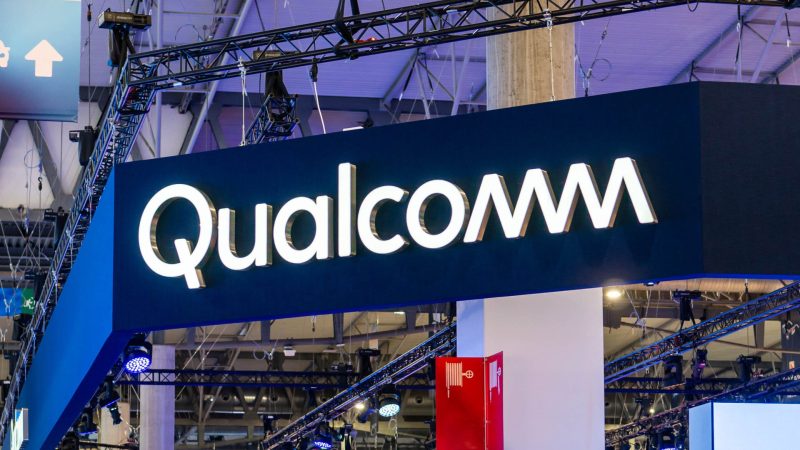London, October 7 – Qualcomm is facing a major legal challenge in London as the U.S. chipmaker defends itself against a £480 million ($647 million) class action filed by UK consumer advocacy group Which?. The lawsuit accuses Qualcomm of inflating smartphone prices through allegedly unfair licensing practices.
Allegations of “No License, No Chips” Policy
Which? claims Qualcomm abused its dominant position in the mobile chip market by enforcing a “no license, no chips” rule. According to the group, major smartphone manufacturers such as Apple and Samsung were required to pay patent royalties even for devices that didn’t use Qualcomm’s chips.
The consumer organization argues that this approach acted as an “industry-wide tax,” driving up the price of smartphones for around 29 million UK consumers since October 2015. If successful, affected buyers could receive compensation ranging from £5 to £30 depending on their device type and purchase date.
Qualcomm Pushes Back on Claims
Qualcomm firmly denies the accusations, maintaining that its licensing terms align with global standards for holders of standard-essential patents. The company’s legal team contends that smartphone giants like Apple and Samsung have strong negotiating power and that similar antitrust claims in the United States were dismissed in 2023.
The case is now before the UK’s Competition Appeal Tribunal, which has scheduled a five-week hearing to decide whether the claim can move forward. If the tribunal rules in favor of Which?, a second trial phase will determine how much compensation should be awarded to consumers.
Broader Implications for Patent Licensing
This case represents a pivotal test for how far UK consumer class actions can go in challenging complex patent licensing models. A victory for Which? could encourage more lawsuits targeting patent licensors in technology-heavy industries.
However, legal experts note that Qualcomm’s prior success in fending off similar antitrust challenges in the U.S. may play a key role in shaping the outcome. The tribunal’s decision will likely hinge on intricate legal interpretations of standard-essential patents and how licensing costs are distributed throughout global supply chains.
